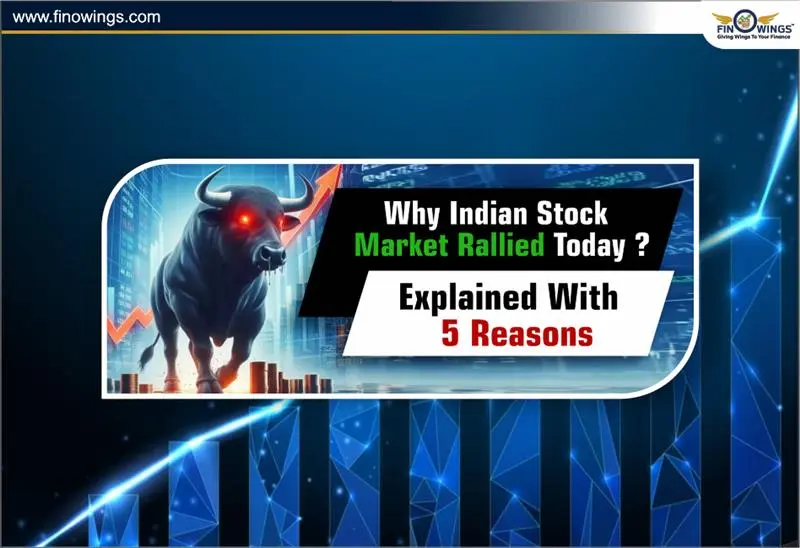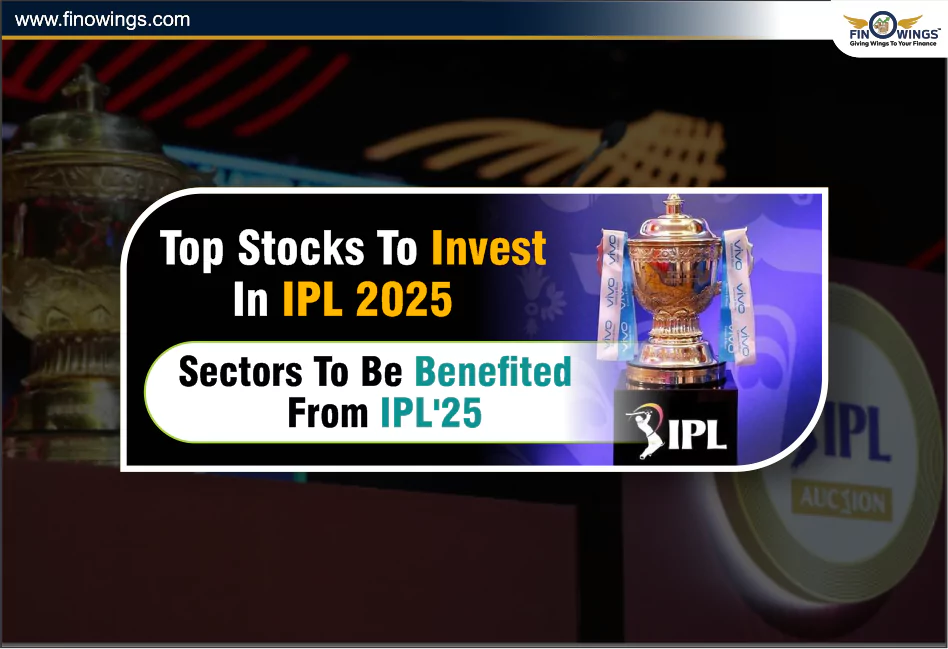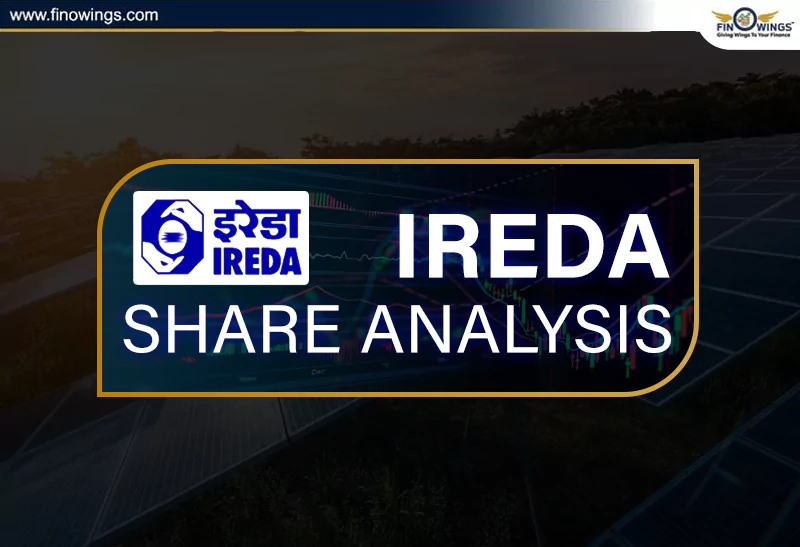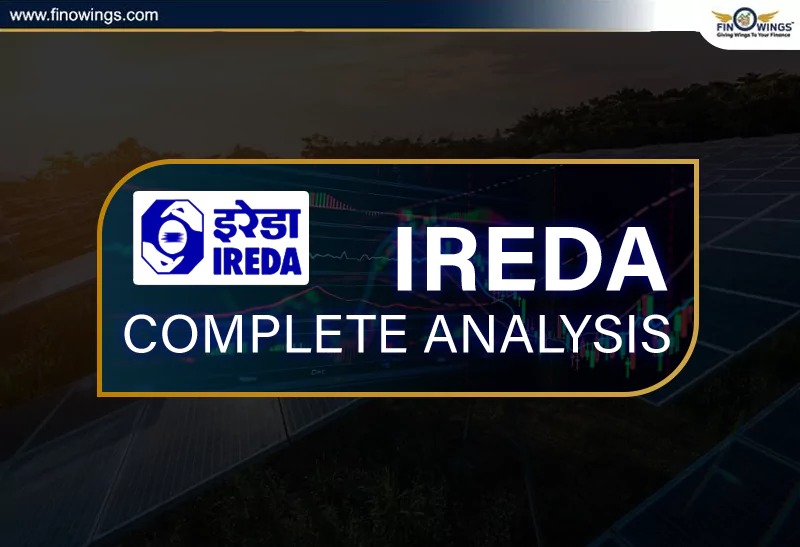Home >> Blog >> Why is Smallcap & Midcap falling? When will Stock market go up?
Why is Smallcap & Midcap falling? When will Stock market go up?

Table of Contents
Why Are Small Cap Stocks And Mid Cap Stocks Declining?
Small caps and Midcaps are declining and examining the huge patience of the investors. This continuous decline has been since the past few months. Some investors have still positive hope and are holding the amount while some have exited the market having sold out their investment. Investors are worried if they should stop their SIPs or continue. So today’s blog will explain the key reasons behind Small cap stocks and Midcap stocks falling and what investors should do with their SIPs. Keep reading to understand.
Detailed video:
Today Nifty Fifty
Today Nifty 50 was down by 0.09% and closed at Rs.22796 as of 21 Feb 2025.
Nifty 50 Target 2025
The Nifty 50 index was down by 13% from its peak and the Nifty Smallcap 250 has seen a decline of approx. 21.45%. While the Nifty Midcap index has fallen around 17%. One of the worst-hit groups of this ongoing trend is retail investors, especially those who have directly or through mutual funds invested heavily in small and midcap stocks. Nomura Projects has predicted the Nifty 50 target for 2025 of Rs.23784 by the end of this December.
Some fund managers think this is just the start and the corrections are going to be more severe while some other fund managers claim that we are almost at the bottom. So, who is right? Who is wrong?
As retail investors, three critical questions arise:
1. What is the reason for this market falling?
2. Should I stop my SIP investments in mid and small-cap funds?
3. Will the market continue falling?
Let’s tackle these one at a time.
Why Have Mid & Small Caps Declined So Dramatically?
-
The biggest reason behind this sharp decline is the selloff in small-cap stocks. When market participants begin to sell, it creates panic selling among other investors, causing larger stocks such as Nifty 50 to fluctuate in freefall. This is not the first time such a fall has occurred.
-
Let us consider one example – during the Russia-Ukraine conflict, the Nifty suffered a fall of 18%, and similarly, the Nifty Midcap 150 and Smallcap 250 fell by 22% and 28% respectively. In the past, in cases where Nifty 50 declined by 20%, mid and small caps seem to correct by almost 30% more.
-
Another important contributing factor is the analysis of concern with the valuations.
-
Secondary and tertiary firms maintained a steady rate of income; however, their price valuation did become irrationally high. This was reflected in their historical PE ratios:
-
The Nifty Smallcap 250 PE ratio surged to 35x in December 2024, significantly lower compared to the three-year median PE of 24.
-
Nifty Midcap 150 PE ratio reached 45x in October 2024 and adjusted downwards slightly to 43x by December 2024. In both cases, these ratios are still significantly higher than the three-year median PE of 26.
-
This implies that both of the indices were trading at very high numbers and a temporary reversal was certain when the market turned the opposite way.
Should Investors Stop SIPs in Mid Caps & Small Caps?
To address this, let us examine some more movements in the market.
-
There is a shift in the investment pattern of the investors as they seem to be moving towards large-cap mutual funds. In January, top categorized funds had an inflow of Rs.3,063 crore as compared to Rs.2,010 crore in December, over a 50% rise.
-
At the same time, funds investing in mid or small-cap companies posted growth of only 1% and 23% respectively.
-
This set of data unambiguously shows that fear dominates among investors, thus leading to a less aggressive approach towards small and mid-cap investments as compared to large-cap ones.
-
If you have a long-term perspective in mind, stopping SIPs is not advisable.
-
SIP investments in mid and small-caps tend to increase in value during times of market correction and dip during steady market periods, which is the pattern predominantly seen. This is the mistake quarantine retail investors make. During market downturns, it is counterintuitive to think that buying NAV capturing opportunities is bad because, in fact, it allows investors to buy more units for the same amount of funds and use it.
Let's assume you invest Rs.5,000 per month in SIP, and NAV was previously Rs.100, you would receive 50 units. Now, when NAV drops to Rs.80, you receive 62.5 units.
As markets are likely to recover for the long term, SIP investing during a market downturn is indeed advisable to take in more units at a much lower price. Thus, ensuring maximum returns later on.
When Will The Stock Market Go Up?
While predicting multiple bottoms can be quite the challenge, here’s the good news: at no point was extensive value recalibration ever an issue.
Nifty Smallcap 250 and Midcap 150 PE ratios suggest that there has now been a reason to properly adjust a lot of previously unreasonable rallies. With the potential for short-term volatility still going, in the long run, positive results can be expected. Hence from the past trends after volatility, the Stock Market has recovered with a good base and rallied. So some patience can pay the results.
What Should Retail Investors Do?
-
Do not stop your SIPs - Avoid making long financial commitments, as small and midcap investments often require 10 - 15 years to yield returns.
-
Buy low, sell high - The same amount of investment funds will get you a lot more units when markets correct, as mutual fund NAVs become a lot cheaper.
-
Avoid panic-driven large cap shifts - While fear makes some of us more likely to panic and move towards large caps, this isn’t a good course of action; as mid and small caps tend to perform well in the long term.
Conclusion
The major reason why these small and midcap stocks are now falling is the mass selling, and of course, the prices are too high. Market downtrends are opportunities for you to invest in lower levels while doing long-term investing. Keeping your SIP invested during falling months could make you acquire lower units at a discounted price. Patience is very important. Don't panic, because history has proven that the market recovers after the fall.
Disclaimer: Not a buy or sell recommendation. No investment or trading advice is given. Always discuss with an eligible financial advisor before investing.


















